Here at Dulwich Wood we want to create resilient and versatile learners who are able to take what they discover in one lesson or situation and be able to apply it in another.
We support our children in this through the curriculum as a whole, but also by helping them create their own Learning Toolkit packed with the critical and social tools to help them get the most out of their education and the world beyond it.
Below we’ve given a brief description of those tools. We hope they will help give you a clearer sense of how we’re developing skills in the classroom, but if you have any questions please do contact the office with them and we will be happy to explain further.
Next time your child perseveres in something at home – like getting back on their bike or scooter after a tumble – or makes a link between something at home and something they have learned we would love it if you felt able to celebrate with them and that these brief guides will help!
Making Links
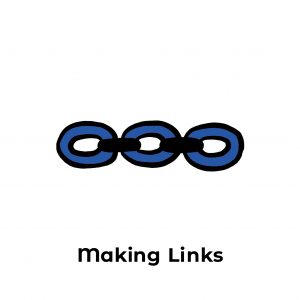
You use this learning tool when you look for connections between experiences or ideas; connect new ideas to how you think and feel already; and look for analogies in your memory that will give you a handle on something complicated.
Questions to ask yourself – what do you know already that could help? Does this remind me of something that has happened before? How can I use that experience to help me now?
Planning
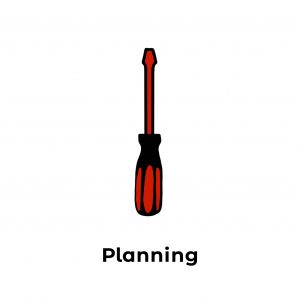
When you use this tool you think about what you want to get out of learning. You and your child could assess which resources you may need, plan the steps you might take and anticipate what might get in the way. Remember to think about what you are trying to achieve and what will help you. Why not try making a list of all the things you’re going to need before you start a task?
Manage Distractions
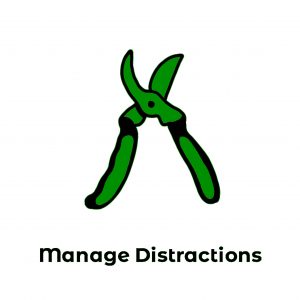 When you or your child uses this tool you are aware of possible ways in which you might be distracted. It’s about working out what conditions help you to learn and settle back into learning quickly after an interruption.
When you or your child uses this tool you are aware of possible ways in which you might be distracted. It’s about working out what conditions help you to learn and settle back into learning quickly after an interruption.
Ask yourself what you need to do to help focus yourself. Can you change something to make your environment better for concentration?
Collaboration
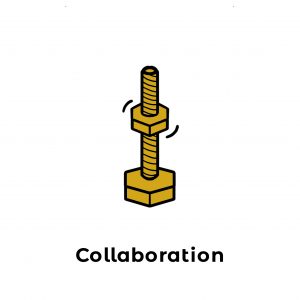 When you use this tool you are aware of how you respond to other people and manage your feelings when working with others. You respect other people’s points of view and understand the rules of team work. How could you help each other? What might you say that would show that you respect the person but disagree with the idea?
When you use this tool you are aware of how you respond to other people and manage your feelings when working with others. You respect other people’s points of view and understand the rules of team work. How could you help each other? What might you say that would show that you respect the person but disagree with the idea?
Empathy
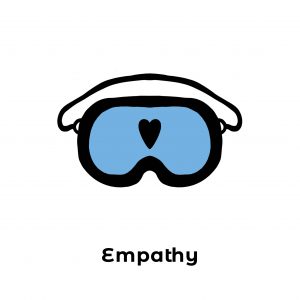 Empathy goggles – when you use this tool you pay other people attention and put yourself in other people’s shoes to see the world from their point of view.
Empathy goggles – when you use this tool you pay other people attention and put yourself in other people’s shoes to see the world from their point of view.
How can you tell that someone is listening to you? Are you trying to see it from the other person’s point of view?
Try not to rush to a judgement about what someone is saying, keep an open mind.
Imagining
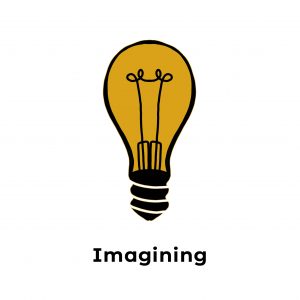 When you use this tool you picture how things might look, sound, feel and be; you let your mind explore and play with possibilities and ideas.
When you use this tool you picture how things might look, sound, feel and be; you let your mind explore and play with possibilities and ideas.
You might build up stories around objects, facts, theories or other stimuli. When do you get your best ideas bubbling up into your mind?
Asking questions
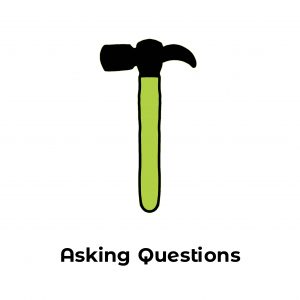 When you use this tool you are not afraid of not knowing the answer. Being brave enough to say ‘I’m not sure about that’ and being curious about things and people can be intimidating, but it’s a great way to learn.
When you use this tool you are not afraid of not knowing the answer. Being brave enough to say ‘I’m not sure about that’ and being curious about things and people can be intimidating, but it’s a great way to learn.
Asking questions means you like to get below the surface of things and come up with your conclusion. Go on, give it a try!
Meta-Learning
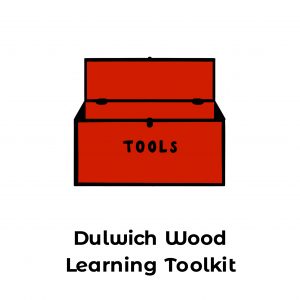 This is when you bring together all your tools into your own toolbox. It’s when you are interested in how you learn as an individual, it helps you think – and talk – about what skills you need to make progress.
This is when you bring together all your tools into your own toolbox. It’s when you are interested in how you learn as an individual, it helps you think – and talk – about what skills you need to make progress.
How does learning work for you? Do you know your strengths and weaknesses as a learner, and are you interested in becoming a better learner? Ask yourself which learning tools work well for you, and which ones you need to use more?
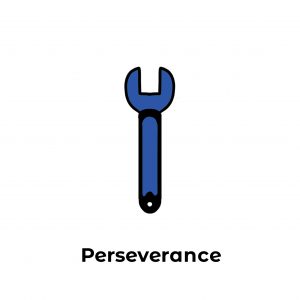
 This is when you or your child create logical arguments, spot flaws in other people’s arguments, deduce what might happen, and look for evidence. This is real detective work in action!
This is when you or your child create logical arguments, spot flaws in other people’s arguments, deduce what might happen, and look for evidence. This is real detective work in action!